| Gloriously
mineral and delectably crystalline, the enchanting
and highly recognisable Loire beauties by Domaine
Le Briseau are now here. Quantities are
(unsurprisingly) quite limited. |
|
| View online | |
| Domaine Le Briseau |
| Irresistibly
charming wines that inspired a generation |
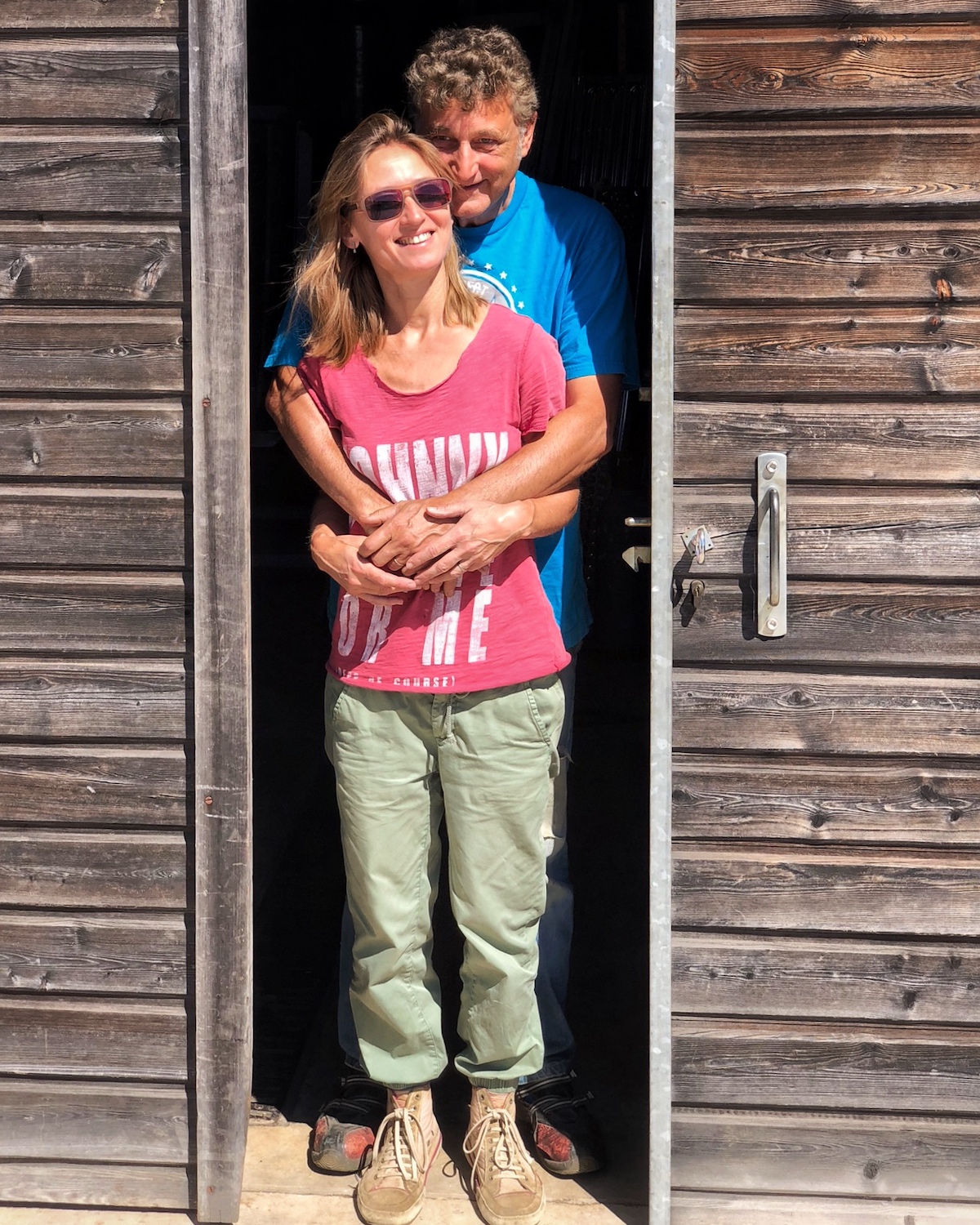 Nathalie and Émile Hérédia of Domaine Le Briseau |
Wine has a way of bringing people together. And the story
of this domaine cannot be told without telling the story
of Christian Chaussard.
Christian Chaussard was once a state engineer
before he decided to embrace the life of a vigneron. He
worked in Bordeaux, then moved to Vouvray in the Loire in
1988 to make his own wines, as naturally as possible.
While running his domaine in Vouvray, he also taught
enology and viticulture at a local wine school. At the
wine school, Christian did teach his students the official
curriculum of conventional viticulture and
enology. But he was also known for telling the students
that there were ways to work differently, for example by
farming organically, using native yeasts, minimizing use
of sulphur and other additives, and eschewing filtration.
Needless to say, there were more than a few warnings given
to him.
While in Vouvray, Christian inadvertently rediscovered an
ancient way of making sparkling wine. One of his Chenins,
which contained some residual sugar, accidentally started
re-fermenting in the bottle. Upon tasting it, he decided
that he actually quite liked it. After some research, he
found that this technique was used in the past, so he
started making sparkling wine this way on purpose. He
dubbed the style “pétillant naturel”
and later “pét-nat” for short. This
style of wine began to spark the interest of winemakers
and wine lovers alike, and the term (and the method)
spread around the globe.
In 1999, after a string of vintage calamities drained his financial resources, Christian left his domaine and also quit his teaching job. He decided to travel with the aim of restarting his winemaking career in another country. Then, as he was traveling around the world, he met someone.
Nathalie Gaubicher was an actress. An avid wine lover from Switzerland, Nathalie was also a qualified sommelier and enologist. It was on her travels that she crossed paths with Christian Chaussard. The two hit it off immediately and bonded over wine — in particular, natural wines.
|
The most inspiring vignerons are often the
ones who seem the most unassuming. And
sometimes, the ones with the simplest ideas
can become cornerstones of change. |
Despite his exploits at the wine school and at his
domaine, until he met Nathalie, Christian had heard of
neither Jules Chauvet, the godfather of natural wine,
nor his more prominent disciple, Marcel Lapierre. And
yet, all this time, this gentle, thoughtful man had
been quietly producing wines in line with Chauvet’s
philosophies.
As a couple, Nathalie and Christian decided to return
to France and start a brand new estate to make wines
they believed in. In 2002, they settled in Marçon in
the Coteaux du Loir area of Touraine and purchased a
nearby vineyard called Le
Briseau. This vineyard became the
namesake for their estate, Domaine Le Briseau.
They began crafting a series of whites based on Chenin
Blanc and reds based mostly on the almost forgotten
native grape, Pineau d’Aunis, in what was at the time
a radically low-intervention style.
Their wines quickly found an admiring fan base across the country. Exports to the US and Japan followed, with the wines finding similar acclaim across the ocean. All of a sudden, Domaine Le Briseau became a standard-bearer for the first wave of natural wine estates in the Loire. Everybody wanted their wines.
Tragically, in 2012 Christian met with a fatal tractor accident. After his sudden demise, his peers, many of whom are illustrious vignerons from across the Loire — the proprietors of Clos Roches Blanches, Thierry Puzelat, Benoît Courault and Marc Angeli to count but a few — all showed up at Nathalie’s vineyard to help her complete that year’s harvest and production. This spectacular show of support was indicative of the love and warm respect that Christian had inspired in his colleagues throughout his life and career in the Loire. His influence on the Loire valley and the natural wine movement as a whole has been crucial in shaping a new generation of forward-thinking vignerons.
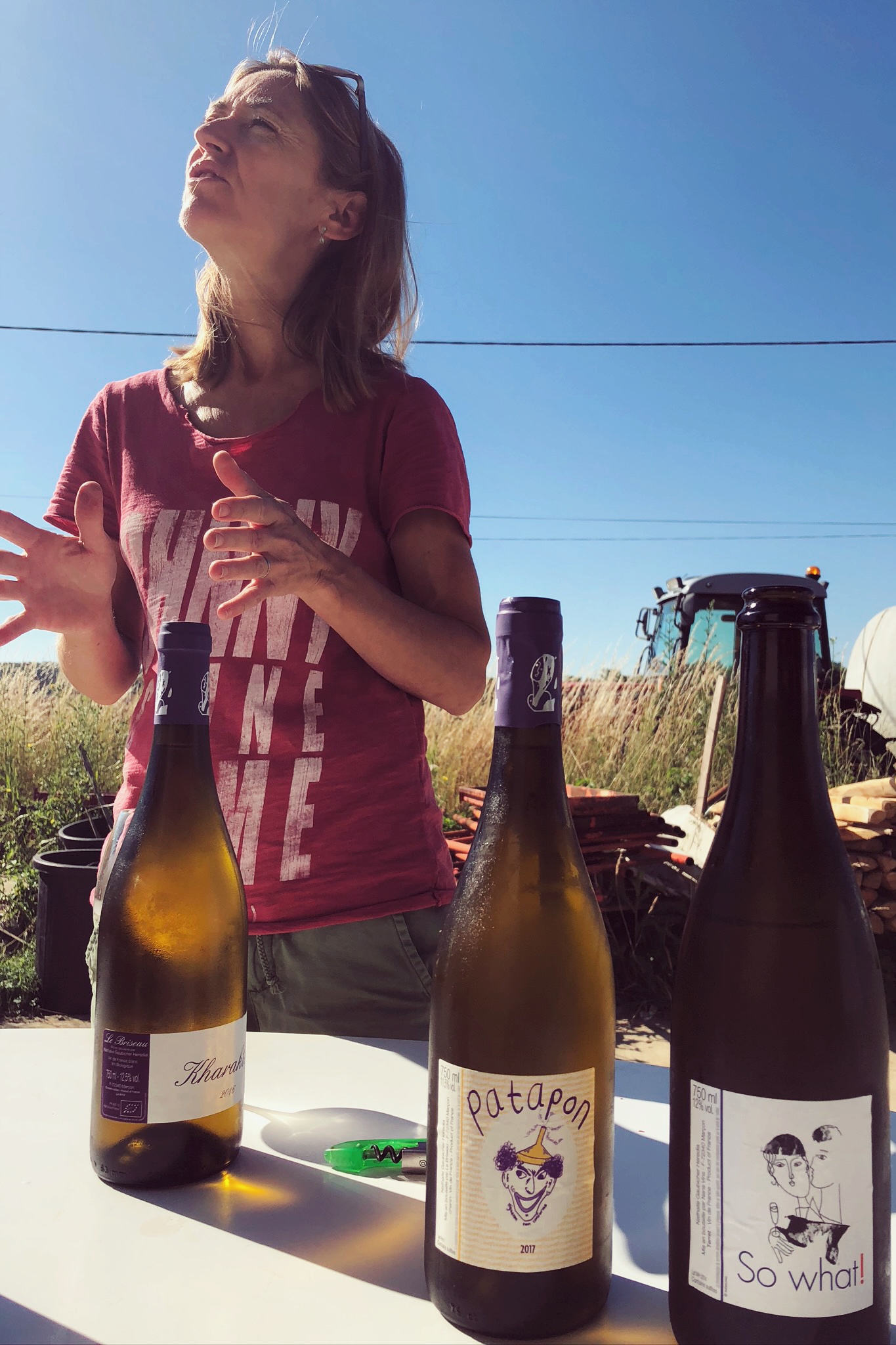 |
Nathalie kept going and persevered in her dedication to
her and Christian’s passion project, and she has since
found new happiness with a natural wine soulmate named Émile
Hérédia. The couple continue to uphold the original
ideals of Domaine Le Briseau, to craft pure wines that
speak of the real character of the terroir, and to make
them as approachable to as many people as possible. The
idea was that these wines should be inclusive, affordable,
and attract, rather than intimidate, the drinker. Any such
wine should be made solely from grape juice with close to
zero additives.
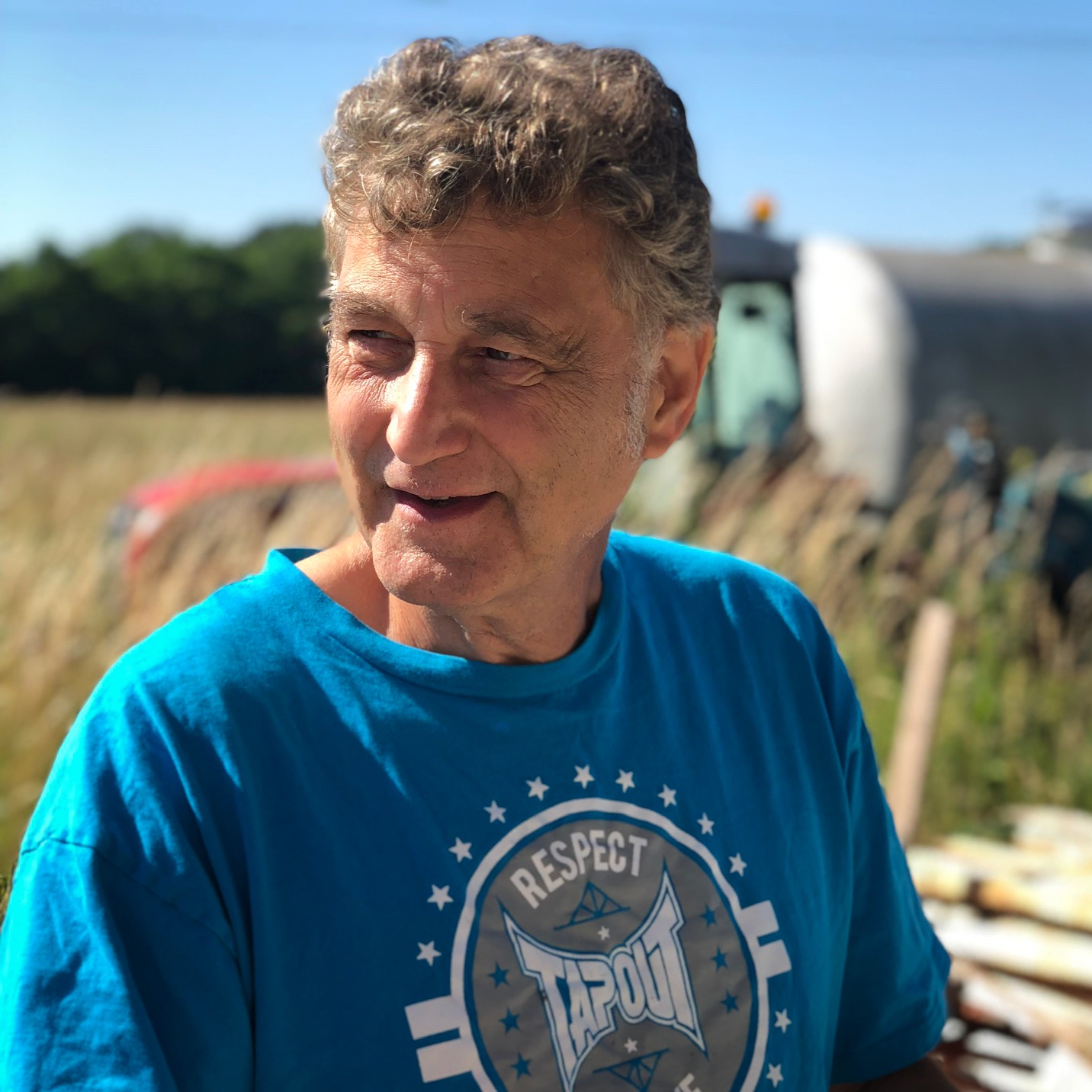 Émile
Hérédia himself is no stranger to natural wine. Having
made wines based on a similar philosophy in Languedoc as
well as at his original Domaine de Montrieux in the Loire,
he has enriched Nathalie’s winemaking approach at Domaine
Le Briseau. Organic and biodynamic viticulture had been
practiced here for years, but sulphite additions have been
significantly reduced since Hérédia came on board. The
wines, in particular the reds, have a more profound
structure now. In the case of the Pineau d’Aunis cuvées,
Hérédia believes that tannins should not be feared, so
long as they originate from the grapes, because they’ll
integrate fairly quickly if there’s sufficient stuffing in
the fruit, with the result being greater complexity
thereafter.
Émile
Hérédia himself is no stranger to natural wine. Having
made wines based on a similar philosophy in Languedoc as
well as at his original Domaine de Montrieux in the Loire,
he has enriched Nathalie’s winemaking approach at Domaine
Le Briseau. Organic and biodynamic viticulture had been
practiced here for years, but sulphite additions have been
significantly reduced since Hérédia came on board. The
wines, in particular the reds, have a more profound
structure now. In the case of the Pineau d’Aunis cuvées,
Hérédia believes that tannins should not be feared, so
long as they originate from the grapes, because they’ll
integrate fairly quickly if there’s sufficient stuffing in
the fruit, with the result being greater complexity
thereafter.
Reciting what Domaine Le Briseau does in order to produce
its wine feels almost like reprising what other respected
natural-leaning producers always do. However, to put
things into perspective, Nathalie had been doing this
longer than most of her peers in the Loire. The basics are
all there, and they are executed meticulously:
hand-harvesting into small 10-kg trays, fermentation by
native yeast only, no chaptalisation, and no sulphur
dioxide until bottling.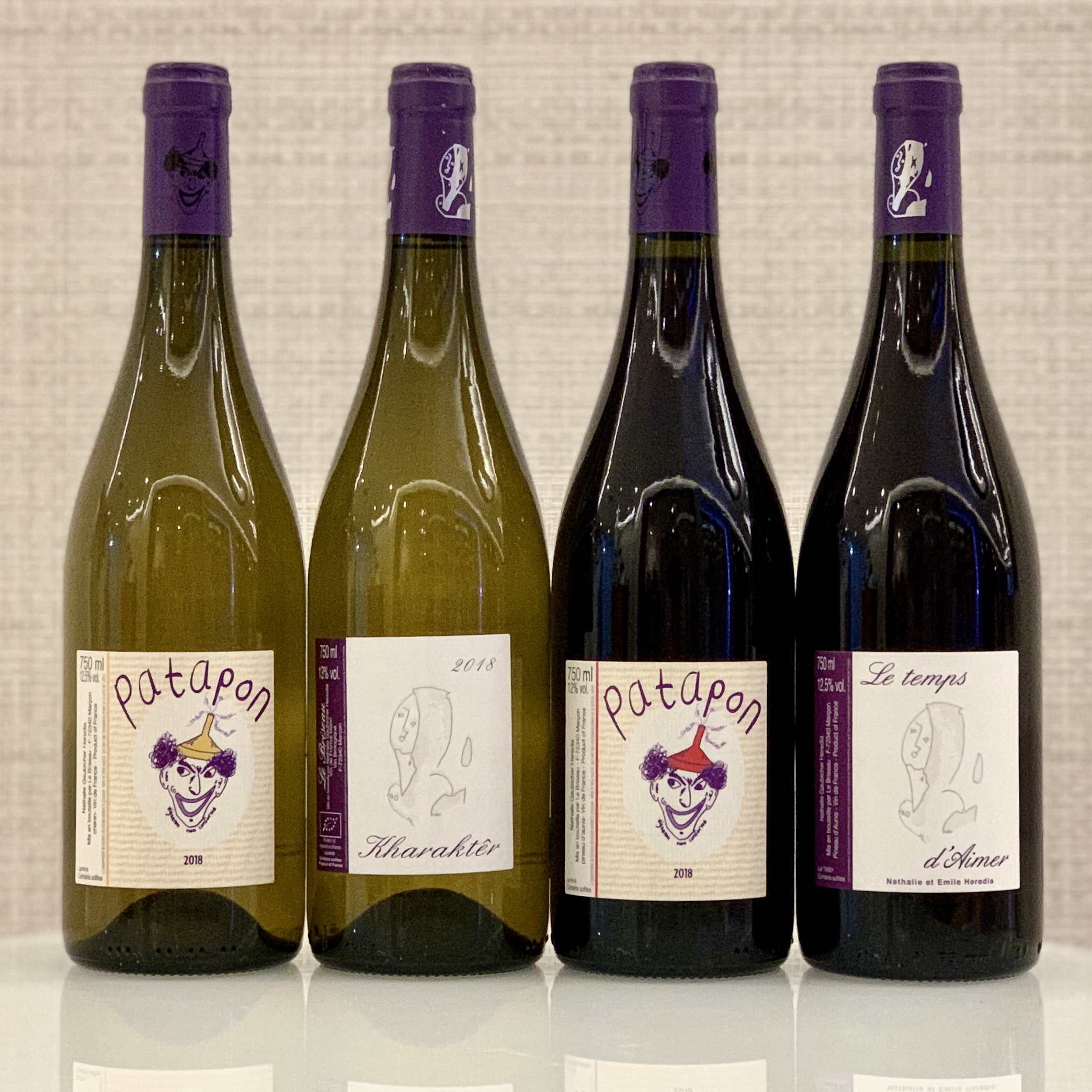 Today, Nathalie and Émile
Hérédia continue to nurture the original spirit behind the
domaine’s creation, seeking to make pure wines that
everybody can enjoy. No special knowledge or training is
necessary to appreciate these natural beauties. That they
are now not only iconic, but also representative of “free”
wines that inspired new generations of Loire winemakers,
is purely incidental.
Today, Nathalie and Émile
Hérédia continue to nurture the original spirit behind the
domaine’s creation, seeking to make pure wines that
everybody can enjoy. No special knowledge or training is
necessary to appreciate these natural beauties. That they
are now not only iconic, but also representative of “free”
wines that inspired new generations of Loire winemakers,
is purely incidental.
One taste of these thrillingly alive wines is all it takes to understand the public fervour behind the hype: these serious wines are seriously fun to drink! They are archetypes of the variety and place — bone-dry Chenin at its most floral and honeyed, and delicate Pineau d’Aunis at its most exotically spiced — delivered in a welcomingly affordable package, despite their rock-star status.
| Today, we
present Domaine Le Briseau’s
hedonistic yet incisive set of 2018s, comprising the
iconic and fun Patapon series as well as the
more classical Kharaktêr and Le Temps
d’Aimer. |
It is a real privilege and honour to be working with such
a legendary estate and to be able to bring these iconic
cuvées to our shores. No longer do you have to go to
Paris, New York or Tokyo to find these gems. These are
100% pure beauties that any earnest wine lover will find
super easy to love. Take it from us, because we’ve fallen
under their spell (and we’re enjoying it).
| References: - Wine Terroirs (website) - Louis Dressner Selections (website) |
| - OFFER VALID ONLY UNTIL
7 October 2020 - PRICES ARE QUOTED NETT in SGD - SUBJECT TO FINAL WRITTEN CONFIRMATIOn |
| Whites
– Chenin Blanc |
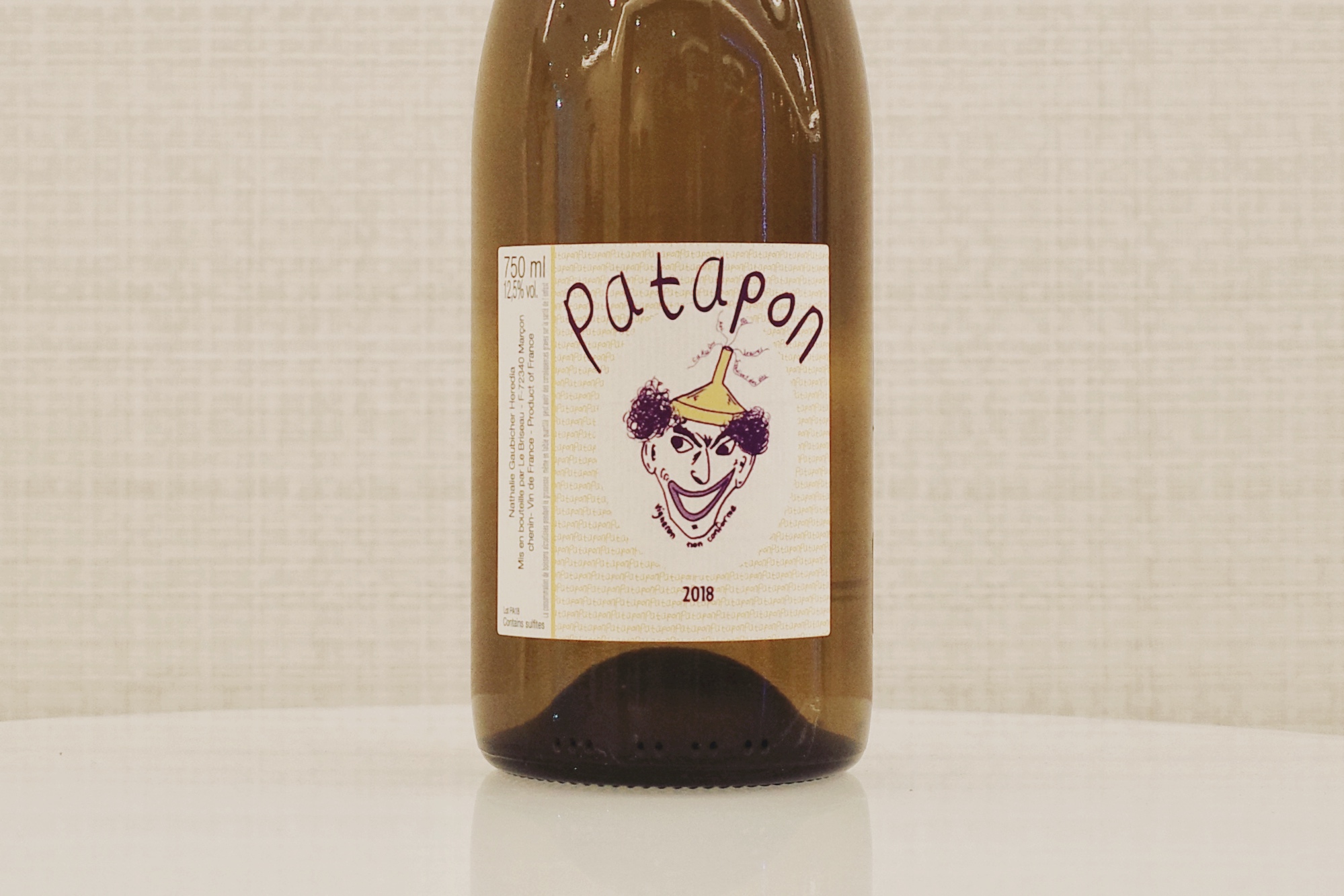 |
|||||
|
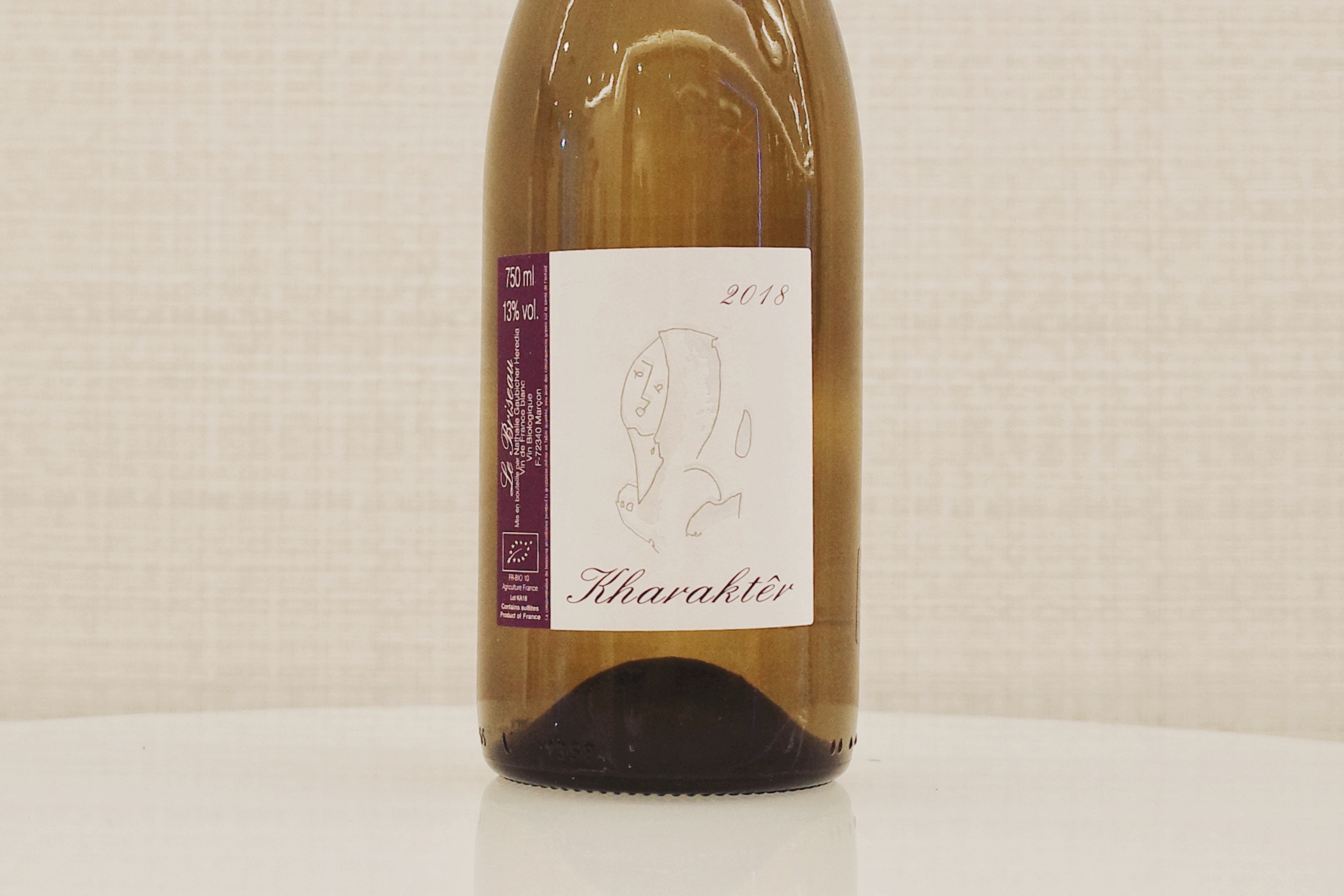 |
|||||
|
| Reds –
Pineau d’Aunis |
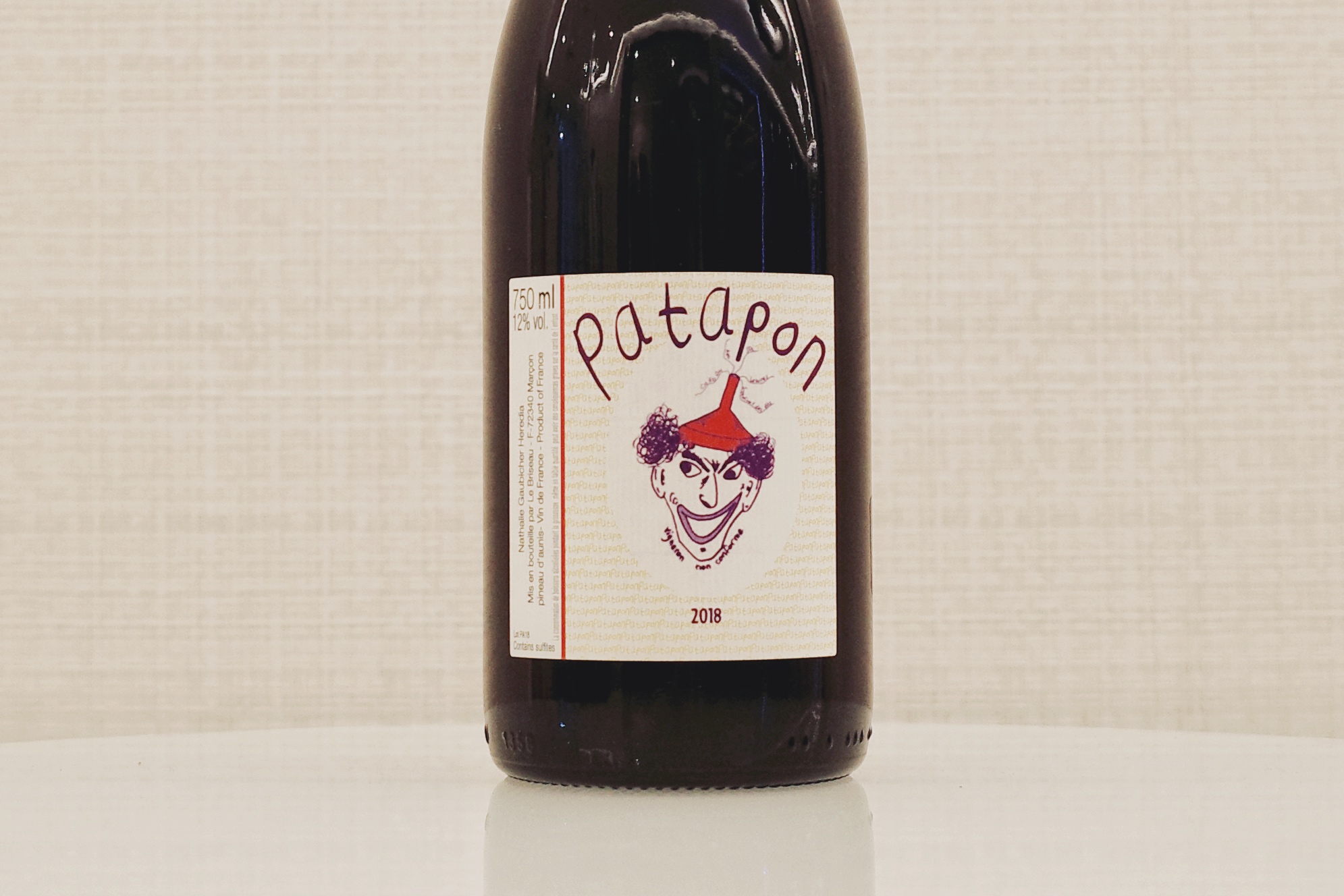 |
|||||
|
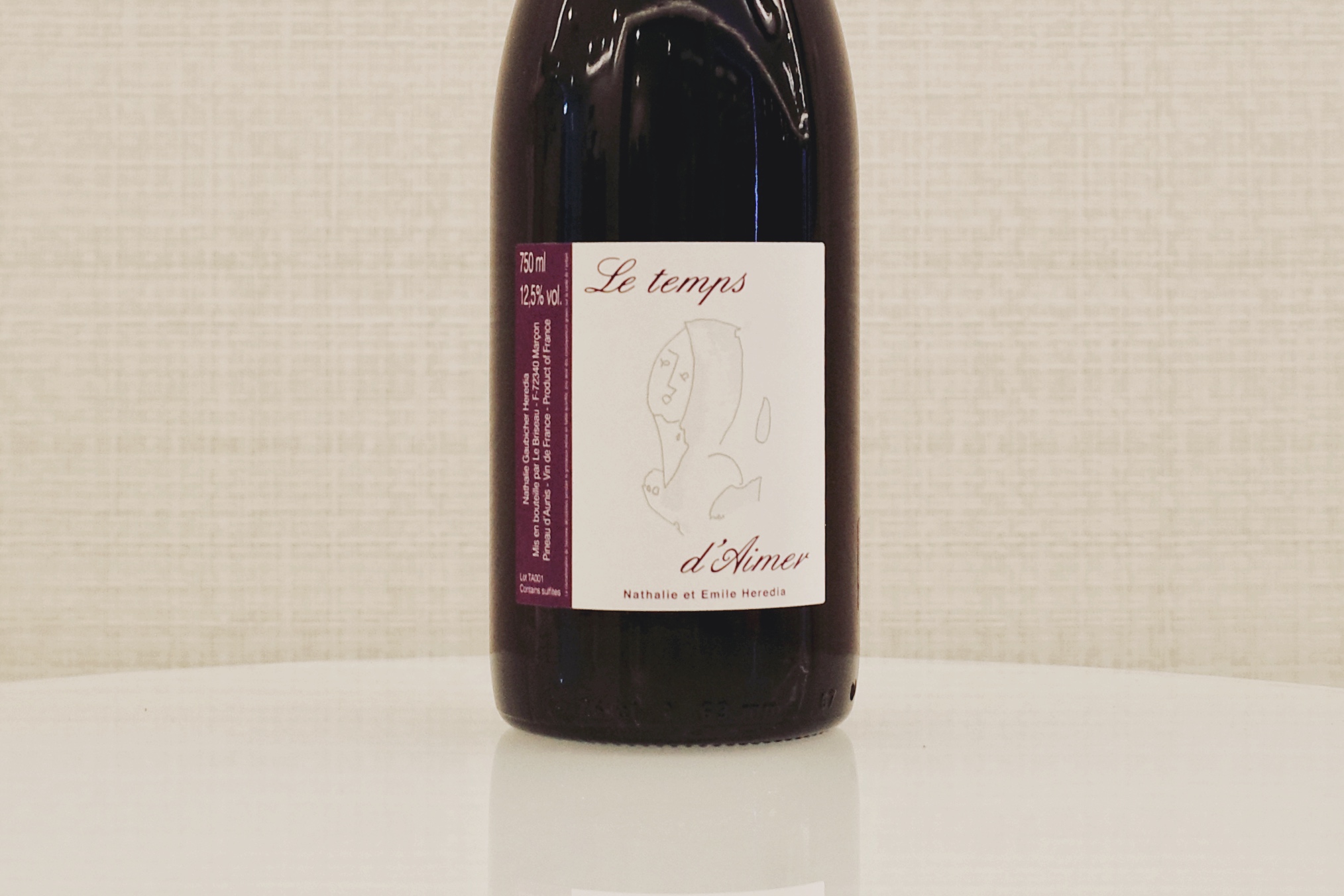 |
|||||
|
TERMS
& CONDITIONS
|
|
390 Orchard Road B1-01 Palais Renaissance Singapore 238871 t +65 6838 0373 f +65 6836 0036 e sales@artisan-cellars.com w www.artisan-cellars.com |
 |